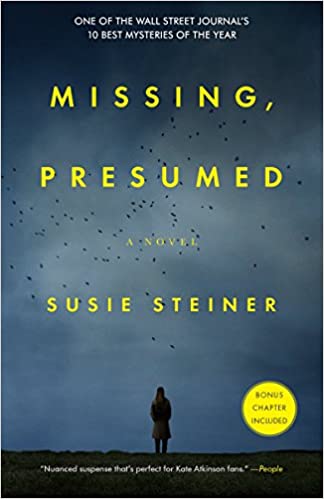
As a prelude to Fall, I’ve been watching the series Friday Night Lights (Peter Berg, 2006-2011), of which I’d heard some good things. It’s interesting.
- I wrote somewhere that the 19th-century school story ends in graduation, while the 20th-century school story ends in the dissolution of the school. This is a 21st-century school story: it ends with both, and m0re.
- Some good, smart writing with cumulative power. They get tears from the answer to an It’s Academic! Quiz: “Look Homeward Angel” and “You Can’t Go Home Again.”
- The book was good, but it's a book. To get five years of material, you need tons of subplots and plenty of renewal. Berg handles this with exceptional skill.
- Texas is another country.
- The football is better-looking that I’d have thought; that must have been hard. Too many story tale endings, but it’s that kind of movie.
What really intrigues me here is that this construction of interlocking stories in intersecting arcs ought to work for literary hypertext. This is close to using storylets but it’s not quite the same thing. A storylet is over when it's over, and while this storylet is happening it has the stage. In this genre, you never know when a storylet is over. And because we frequently shift storylets, you seldom know whether the action is finished or simply suspended.
Abstractly, you’d think this wouldn’t work, that the reader would never care about anything because something else was coming, and because nothing is ever permanently settled. But of course high school is like that.

